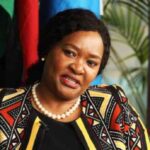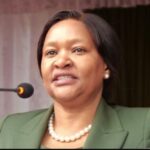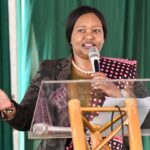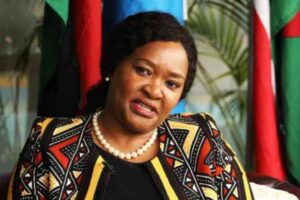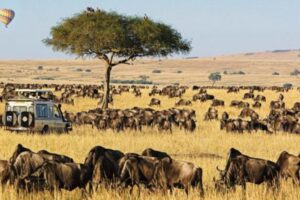[ad_1]
EXPOSE AT OWN RISK
In another case at a different newspaper, a reporter filed a news report about corruption and swindling of public funds meant for responding to the Covid-19 pandemic mid-last year. The funds were reported as loans from World Bank but connected officials turned them into loot to line their pockets.
As is expected, the reporter filed his story and the editors approved it, subjecting it to the editorial process for onward publication the following day in a prime section.
But mysteriously, a senior official in the government got wind of the story just before the page was sent to press and called the publishing editor for a dressing down.
The amiable editor instructed his juniors, without disclosing the conversation with the powerful caller, that they should hold the story.
However, a mix-up in communication saw the page designers retain the story on the page, meaning it ran anyway.
All hell broke loose the following day. A high-ranking official with a powerful say in government called the publishing editor for a scolding, threatening to “completely cripple the paper if it is out to humiliate and expose the administration”.
Luckily, the editor was patient with his juniors and no heads rolled at the leading paper.
Civil Society Reference Group coordinator Suba Churchill told the Star Kenya is still far from true press freedom, terming the current situation “a false semblance of press independence and freedom used as a decoy to undermine that very right”.
He said the civil society is concerned that the government still has an upper hand in dealing with the press as it uses advertising revenue to influence editorial independence of the fourth estate and determine what (news content) runs and what does not.
“The government and private entities are currently taking advantage of the flagging revenue streams and sliding circulation of the papers to put their thumb on the scale,” Churchill said.
“We know the dynamics of the media space. Sometimes most editors cannot recognise headlines that they were part of in the evening because someone manipulated it, changed the bylines or watered down or totally changed the substance on the stories in favour of some patronising interest.”
The civil society coordinator said press freedom is currently constrained on all fronts, starting from the owners, business interests and proximity to power.
Some of the politicians, powerful government figureheads and business players either own some media houses or are close to the bosses with a say on editorial content, he added.
“This opens them up to being remote-controlled,” Churchill said.
[ad_2]
Source link

